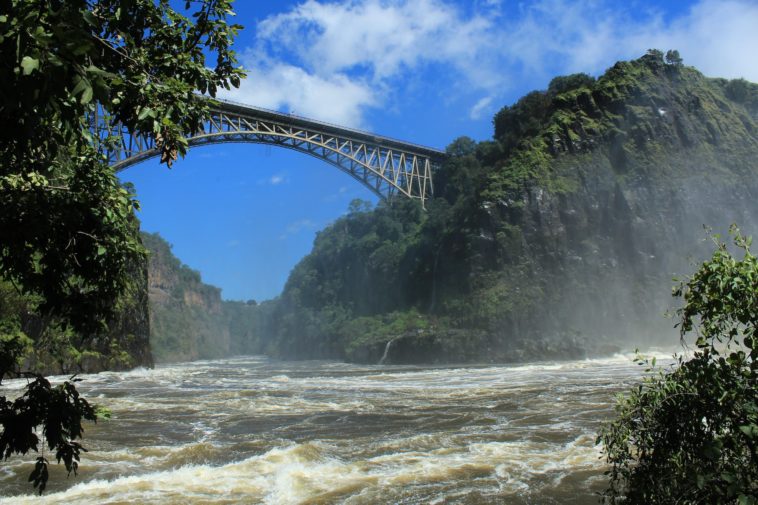Zimbabwe, officially known as the Republic of Zimbabwe, is a landlocked country located in Southern Africa. Despite its rich natural resources and cultural heritage, Zimbabwe faces an array of complex challenges including economic instability, political issues, and social upheavals. This article provides a comprehensive analysis of the key factors that impact Zimbabwe and explores the tradeoffs involved in balancing these aspects. It also highlights the challenges associated with various approaches to the nation’s issues.
Geographical Overview
| Attribute | Description |
|---|---|
| Location | Southern Africa |
| Borders | South Africa, Botswana, Zambia, Mozambique |
| Longitude & Latitude | 20.0000° S, 30.0000° E |
| Climate | Tropical, varying with altitude |
| Population | Approx. 14.9 million (2021) |
| GDP | $21.44 billion (2019) |
| Official Language | English, Shona, Sindebele |
| Currency | Zimbabwean dollar (ZWL) |
| Religion | Christianity predominant |
| Continent | Africa |
Economic Landscape
Agriculture
Agriculture has historically been the backbone of Zimbabwe’s economy. It employs a significant proportion of the population and contributes to a large share of GDP. However, land reform policies initiated in the early 2000s have had a detrimental impact on this sector. The redistribution of land from experienced commercial farmers to less-experienced individuals led to a decline in productivity and exports.
Mining
Zimbabwe is rich in minerals like gold, platinum, and diamonds. The mining sector has the potential to drive economic growth, but it also poses environmental concerns. Inadequate regulations have led to issues such as land degradation and water pollution.
Manufacturing
The manufacturing sector has declined over the past two decades due to a lack of foreign investment, outdated technology, and unreliable power supply.
Tourism
Tourism is another vital sector, leveraging Zimbabwe’s natural beauty and wildlife. However, political instability and poor infrastructure have deterred international visitors.
Political Context
Zimbabwe has faced significant political challenges since its independence in 1980. The country has had a history of one-party rule, which has been associated with corruption, human rights abuses, and a lack of political freedom. Economic mismanagement and the absence of effective governance structures have also been concerning issues.
Social and Cultural Factors
Education
Zimbabwe has a high literacy rate compared to other African countries but faces challenges in terms of quality and access to education. Lack of funding and resources are significant impediments.
Healthcare
Healthcare infrastructure is severely lacking, especially in rural areas. The brain drain of healthcare professionals has made the situation worse.
Ethnic and Cultural Identity
Zimbabwe is home to multiple ethnic groups, primarily the Shona and Ndebele. While the nation is largely harmonious, underlying tensions sometimes flare up, impacting social cohesion.
Environmental Considerations
Zimbabwe faces environmental challenges like deforestation, water pollution, and climate change-induced droughts. These issues have a direct impact on agriculture, thereby affecting the economy.
Tradeoffs and Challenges
Economic vs. Environmental Sustainability
Exploiting mineral resources can boost the economy but at an environmental cost. Therefore, a balance between economic gain and environmental protection is essential.
Political Stability vs. Democracy
While a stable government may ensure economic development, the absence of political pluralism can lead to corruption and social injustice.
Social Equity vs. Economic Growth
Land reforms intended for social equity have had an adverse impact on agricultural productivity. This highlights the tradeoff between achieving social justice and maintaining economic stability.
Conclusion
Understanding Zimbabwe requires a nuanced approach that considers its economic, political, social, and environmental complexities. Tradeoffs exist in every aspect of the nation’s governance and development strategies, making it essential to adopt a balanced approach. Acknowledging these complexities is crucial when making decisions about Zimbabwe’s future, emphasizing the need for multi-faceted solutions that cater to its diverse challenges.
Given the numerous factors impacting Zimbabwe, it is vital that policy-makers, stakeholders, and international partners work collaboratively to address these challenges in a sustainable and equitable manner.





